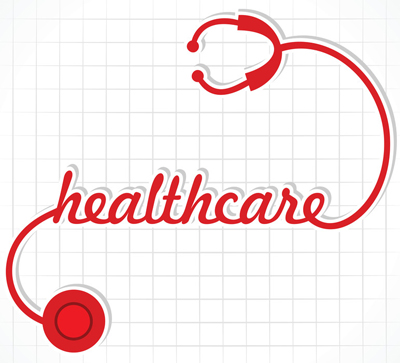
Tools to Harness Big Data
Clinical informatics leverage information technology in organizing, retrieving, analyzing, and reporting patient data. Clinical informatics can help in clinical decision making, as its curriculum covers topics on clinical decision science and application of artificial-intelligence-based decision support. Other areas covered are:
- Programming fundamentals
- Data and database structures
- IT infrastructure
- Risk mitigation for health care
- Standards for data exchange and representation
- Privacy and security
Today, many of the hospitals employ some sort of information system to manage patient/healthcare data. Huge amount of data are created by these systems in the form of numbers, text, chart, and images. The data includes information related to medical history, allergies, current diseases, symptoms, lab results, and treatment plans. Processing patient data with predictive models helps in deriving useful insights on patient care and clinical decision-making. Medical data mining can be applied for classification and prediction of prognosis and diagnosis, which in turn helps doctors in delivering better patient care.
Data Mining in Healthcare
Digging out patient data include the process of data capture, data cleansing, and data processing. Electronic health records (EHR) allow health care providers to enter and access clinical data much easily and incorporate decision support technologies to assist researchers and scientists in clinical decision-making. Tools developed for the effective analysis of medical information include signal processing, image processing, and data mining software. Data mining has become a basic methodology for computing applications in clinical informatics and finds use in areas such as
- Information management in healthcare organizations
- Health informatics
- Epidemiology
- Patient care and monitoring systems
- Assistive technology
- Large-scale image evaluation
- Extraction of information
Precision medicine is an emerging field in healthcare that aims to harness the vast advancements in technology, genetics and biomedical research to enhance patient care. Its main purpose is to integrate the most informative data from molecular, clinical, population and other research to create a predictive model of medical solutions for patients. Recently UCSF entered into a partnership with a leading provider of diagnostic information services, to accelerate the conversion of biomedical research into advanced diagnostics (in the field of precision medicine) with the aim of improved patient care and patient treatment.



